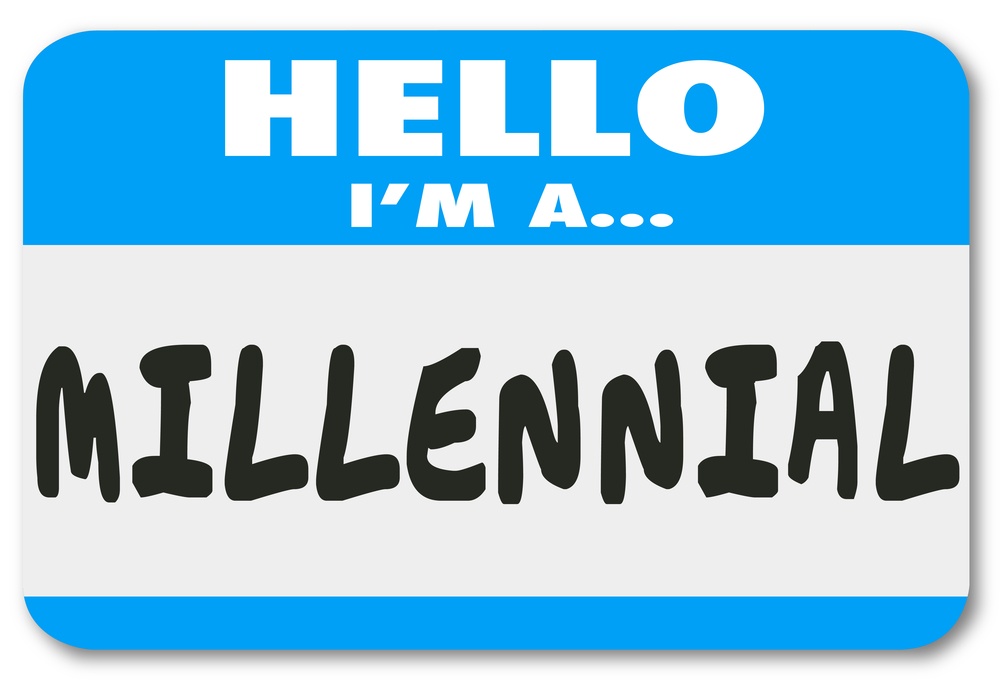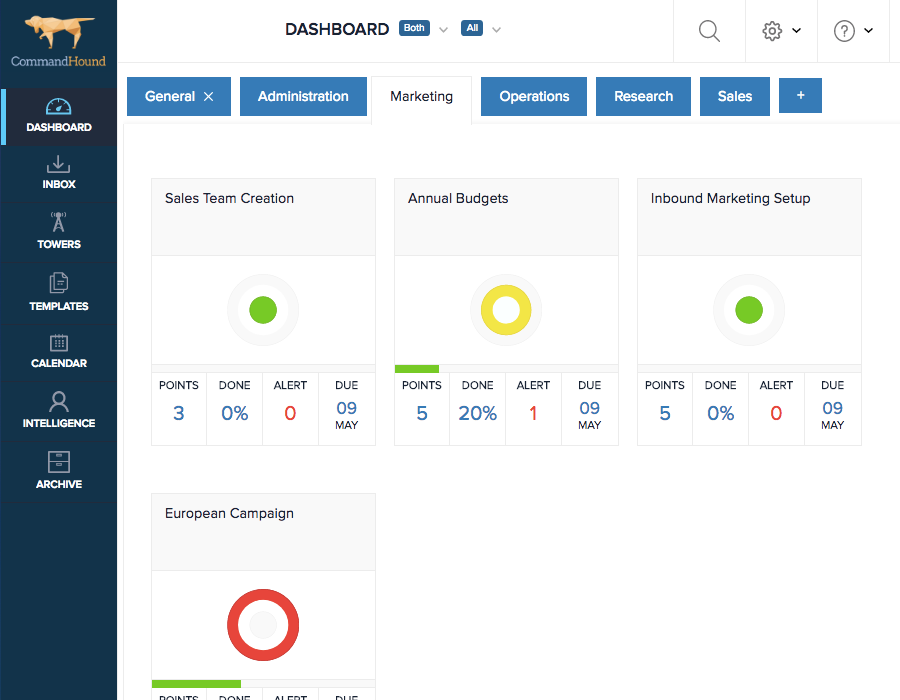When business owners and corporate leaders get together, it doesn’t take long for them to bring out the war stories of the difficulty of managing and retaining millennial employees.
We’ve all heard the complaints — They feel entitled to promotion regardless of the quality of their work. They have no loyalty. Their work ethic is sub par. Blah. Blah. Blah.

The truth is that Millennials are a product of a vastly different world and the unique point in time in which they are coming of age. It isn’t hard to understand why the children of 9/11, the Great Recession, reality TV, self esteem boosting culture, and the social media world see themselves, and their role as employees, in a new and unique way.
Like it or not, Millennials are the future. One estimate says that they will make up 75% of the workforce by 2025. An understanding of what makes them tick is essential to business success in the coming years.
What the Data Shows
Gallup recently released the most extensive study of the millennial workforce to date. The report, How Millennials Want To Work and Live, showed that only 29% of Millennials are engaged at work.
Six in ten are open to different job opportunities and only 50% plan to be in the same position with their current employer in one year. The same Gallup research shows that businesses with the most engaged employees are more productive, suffer fewer safety incidents, experience less absenteeism, have better customer ratings and ARE MORE PROFITABLE.
If engaged employees lead to better business outcomes, we need to understand what engagement means. Kevin Kruse, Forbes columnist and author of Employee Engagement 2.0, defines employee engagement as “the emotional commitment the employee has to the organization and its goals.”
What the Millennial Needs to be Engaged
To build an organization that will engage the millennial, leaders should provide the following elements:
An Interesting and Well Defined Job
Repeat after me — Millennials are not lazy. They want good jobs and they want to be engaged in those jobs.
This generation craves interesting, challenging and meaningful work. Boredom is a turnoff. But — and this is a big but — they reject the idea that long hours are a measure of productivity.
So don’t expect them to stick around at the office for “face-time” with the boss. Define their job and then let them figure out how to do that job in the best and fastest way.
Work-Life Balance
Millennials do not define themselves solely by what they do for work. They have a lot going on. Being a good parent, being a good partner, and giving back to the community make up a bigger part of their concept of self than their job title.
So while they crave the structure of a well defined job, they will demand the flexibility to do that job in a way that let’s them take care of their other responsibilities.
Consider a Results-Only-Work-Environment (ROWE) where the employees, with clear instructions and concrete targets, are evaluated on their work output, not on the number of hours they spend in the office.
Team Opportunities
Millennials were educated with group projects and encouraged to participate in team sports. They are used to working in teams and believe that collaboration is the most effective way to get the job done.
They are the most technologically adept people in the work force and can connect with other team members, management and clients via many platforms.
A Manager/Mentor and the Gift of Accountability
Contrary to popular opinion, Millennials don’t expect a promotion every year regardless of performance. But this very well educated group of people refuses to be static and wants to continue to improve themselves through learning.
Loyalty and retention are tied more to a person (mentor or manager) than to a company. The manager earns loyalty by teaching, by providing growth opportunities, by setting up mutual expectations for success , and by giving feedback on a regular basis.
In fact, the data from the Gallup study referenced above suggests that Millennials crave accountability. 56% of those surveyed who report that their manager holds them accountable are engaged at work.
Do You Need Help?
Find a tool that has been designed from the ground up to manage employees by communicating concrete expectations and enforcing clear accountability to make sure things get done.
A tool like CommandHound ensures that each stakeholder is accountable for his specific tasks by keeping individual scorecards of on time completion.

CommandHound’s Dashboard highlights implementation areas needing attention
These scorecards can in turn be used to facilitate feedback and mentoring. CommandHound frees the manager or project leader from micromanagement and allows him or her to better mentor Millennials on what is important to them – making sure things get done.
Like this:
Like Loading...
Related


